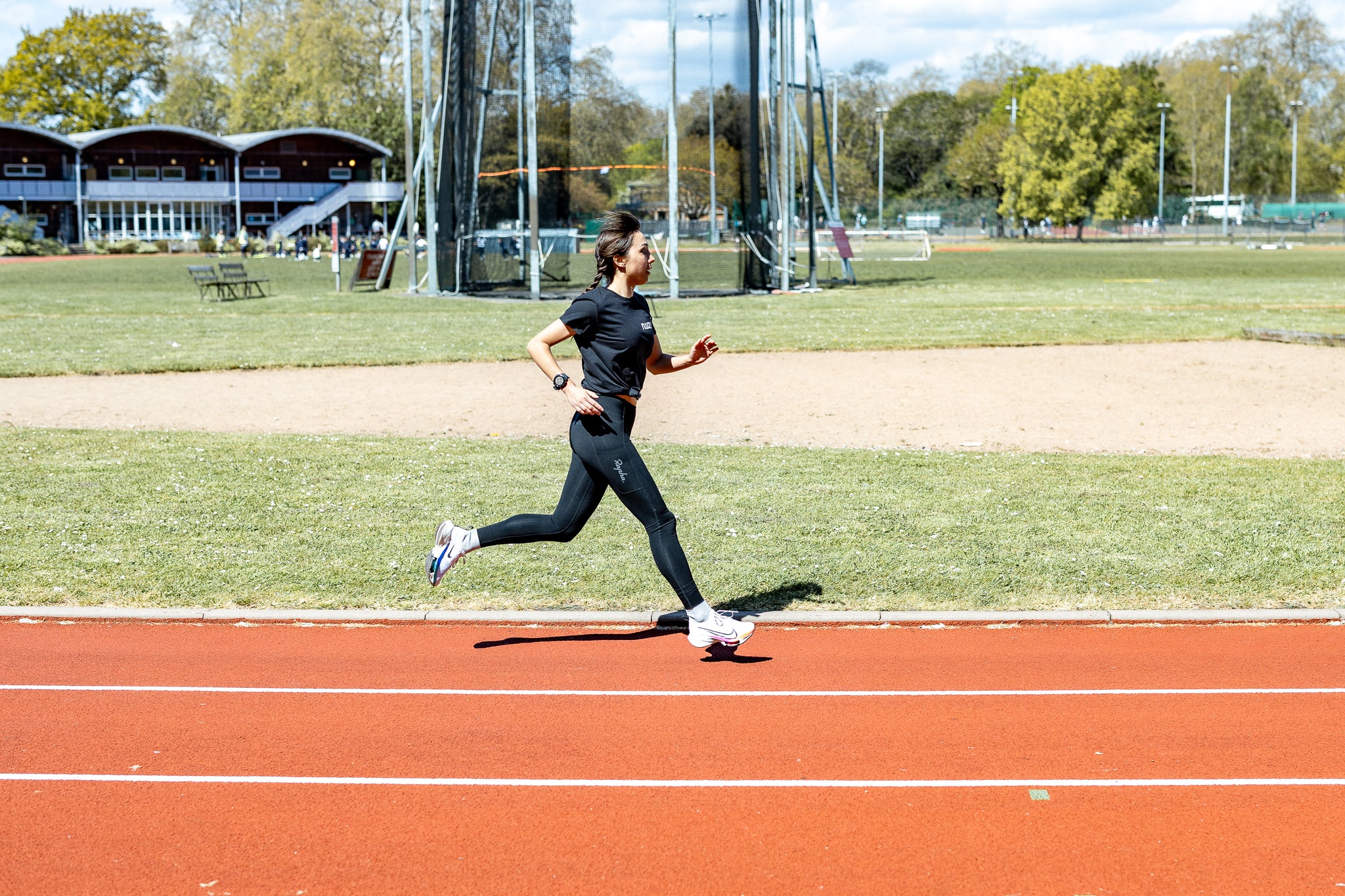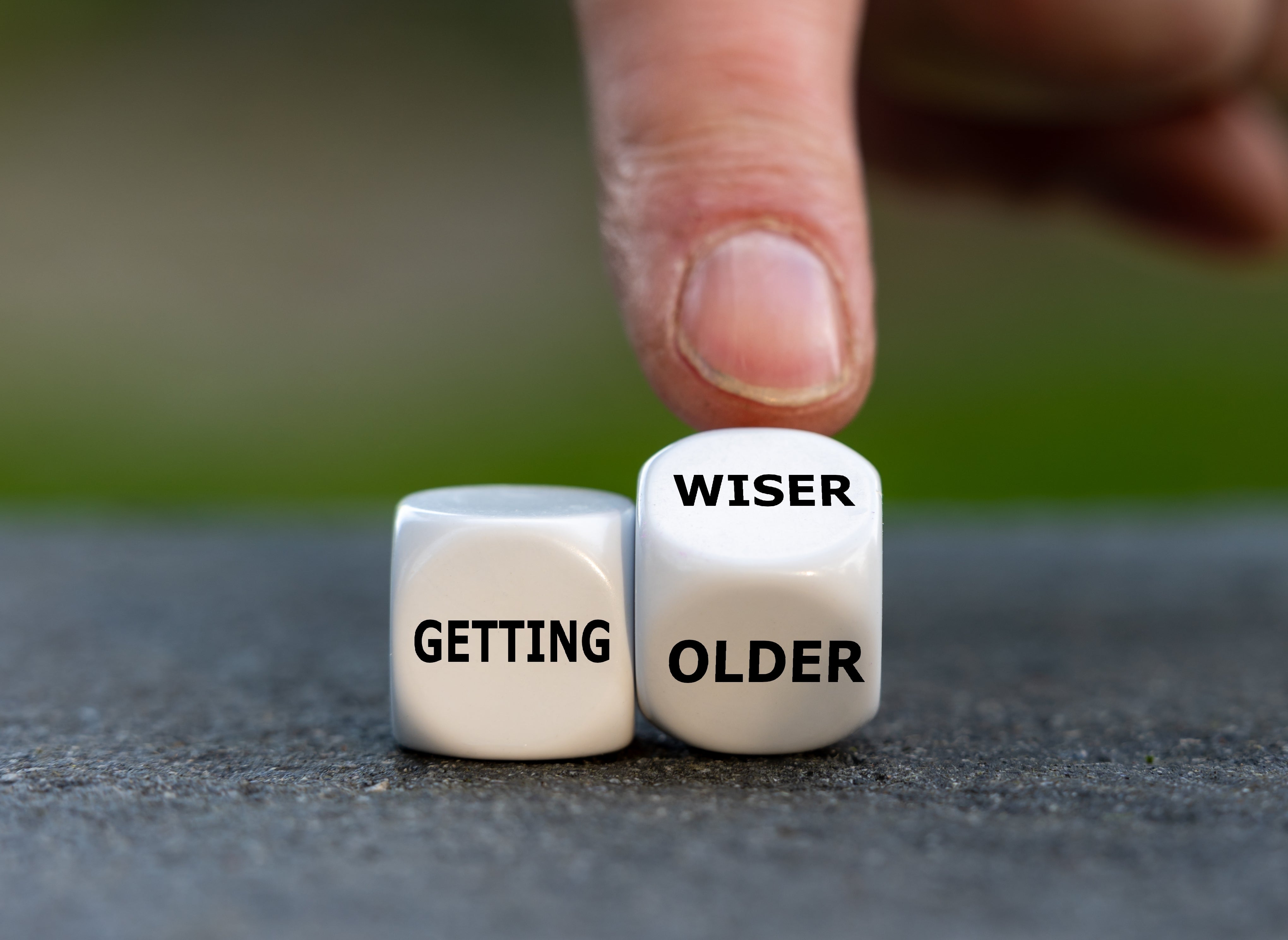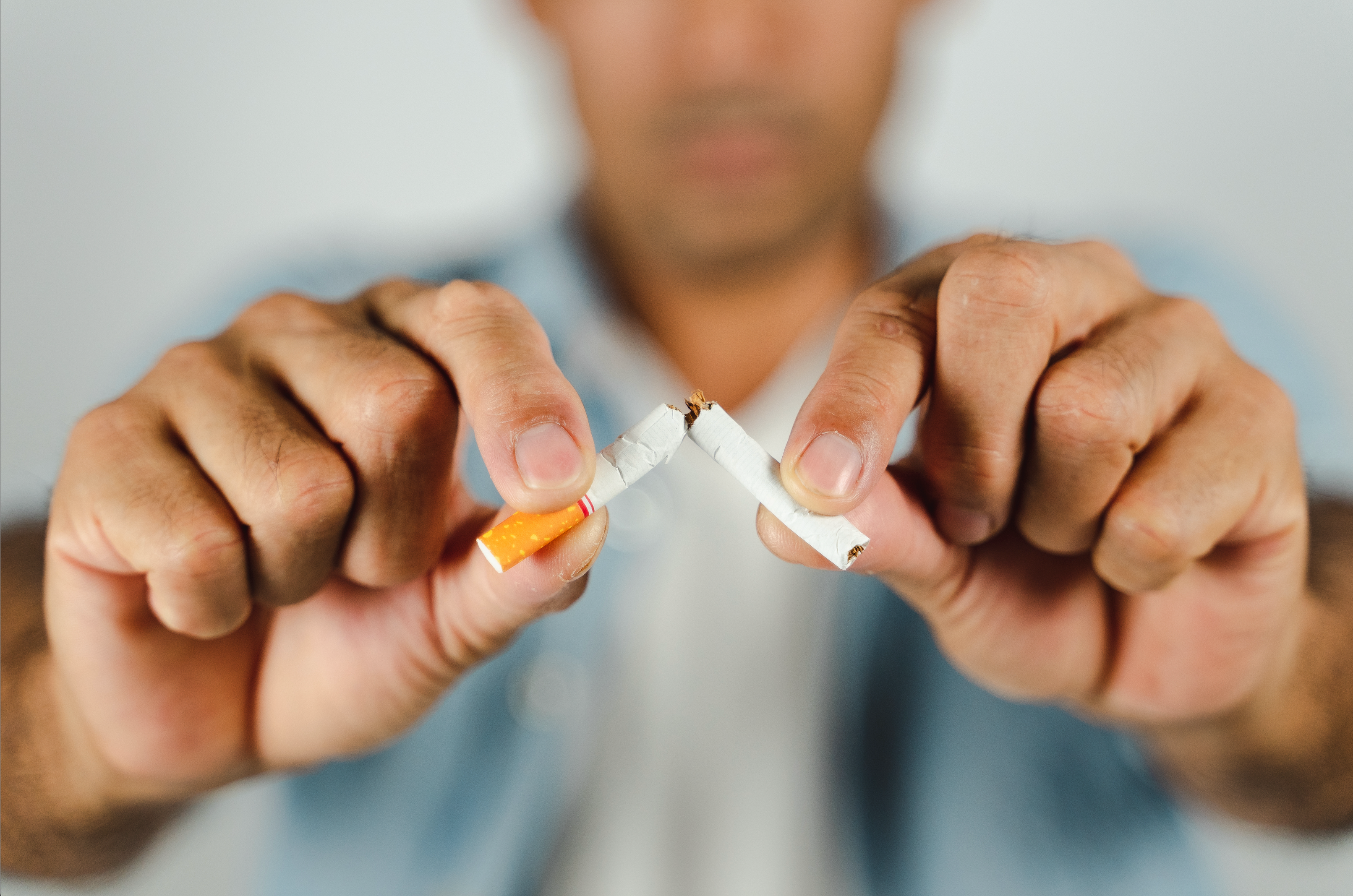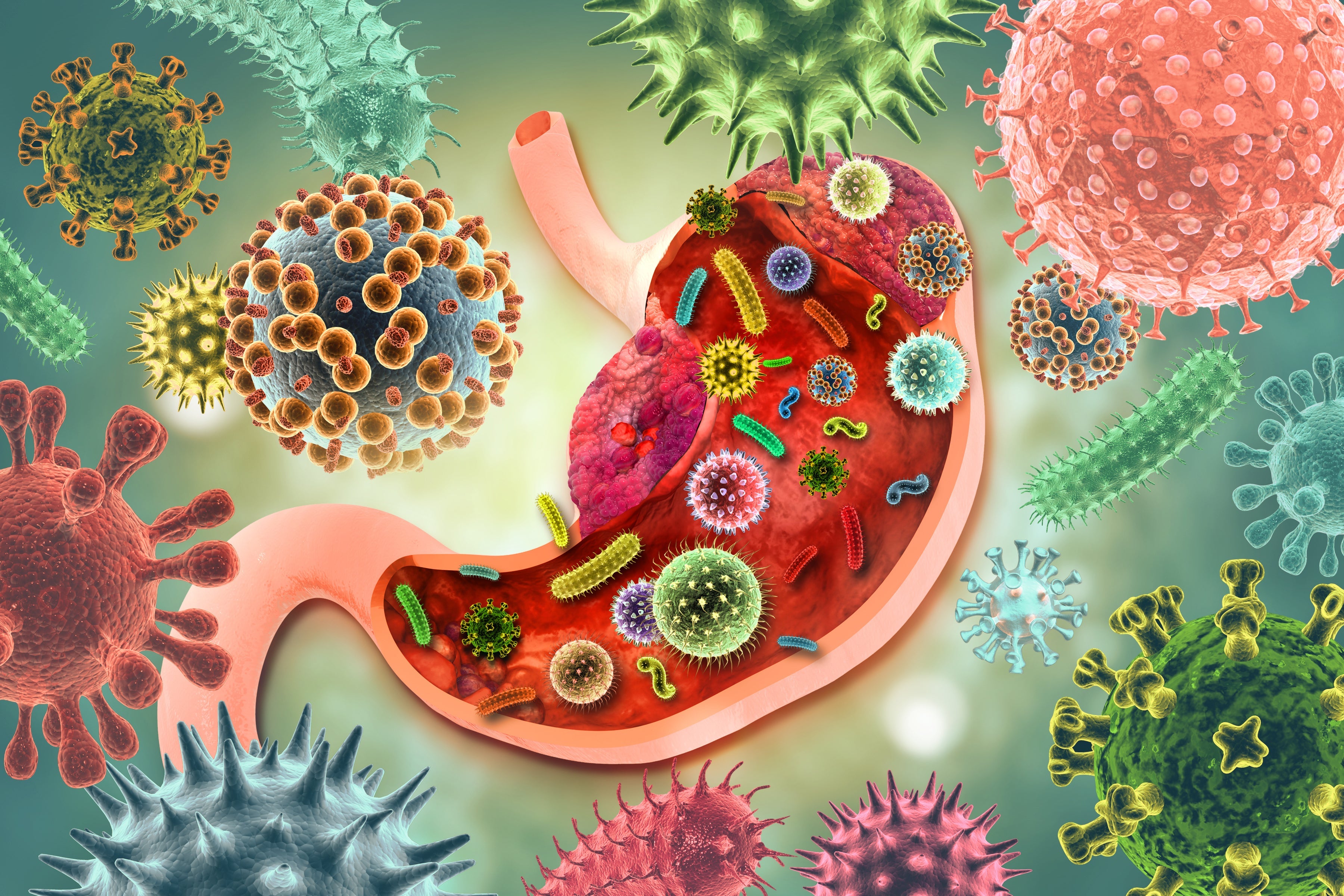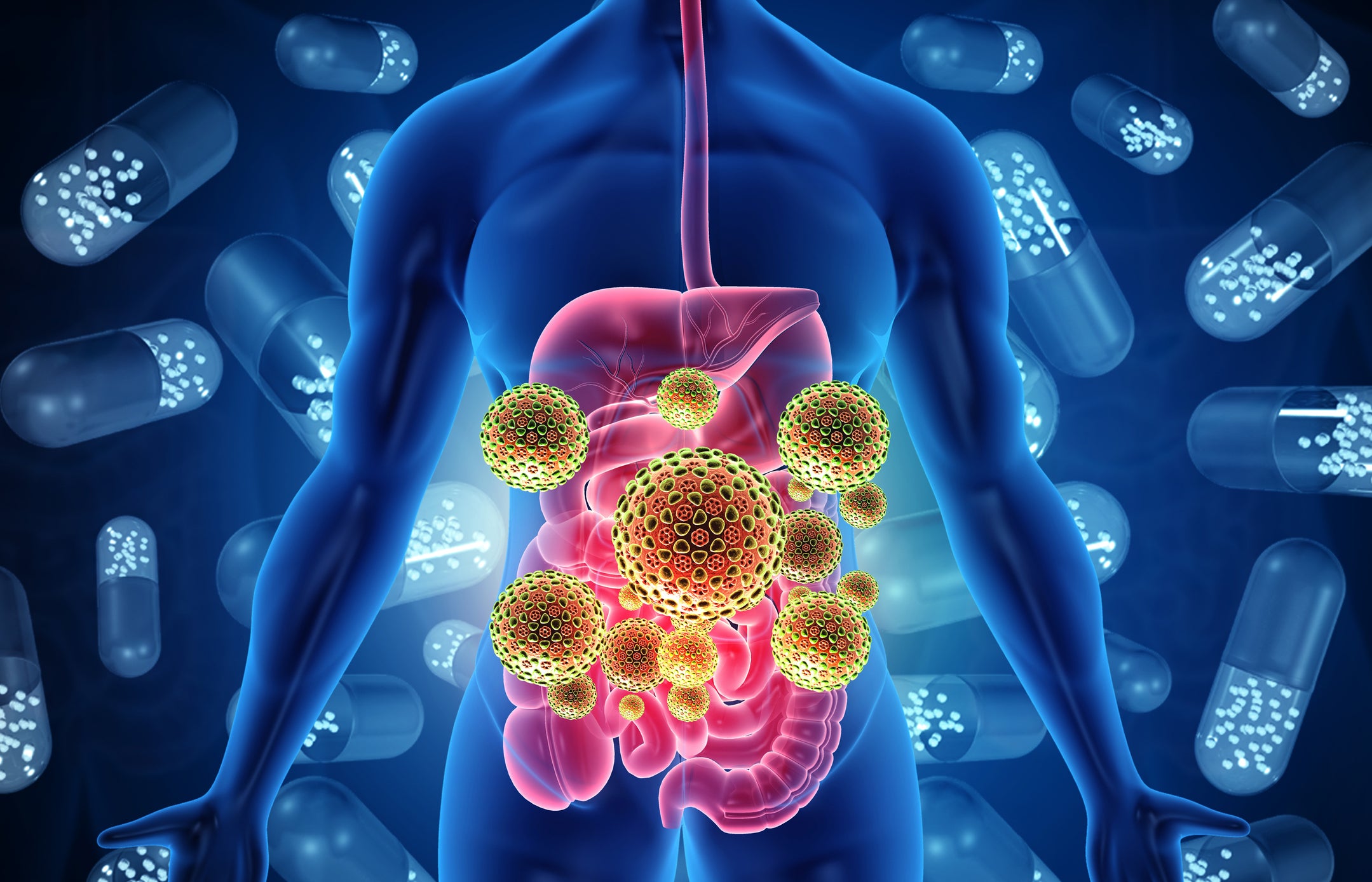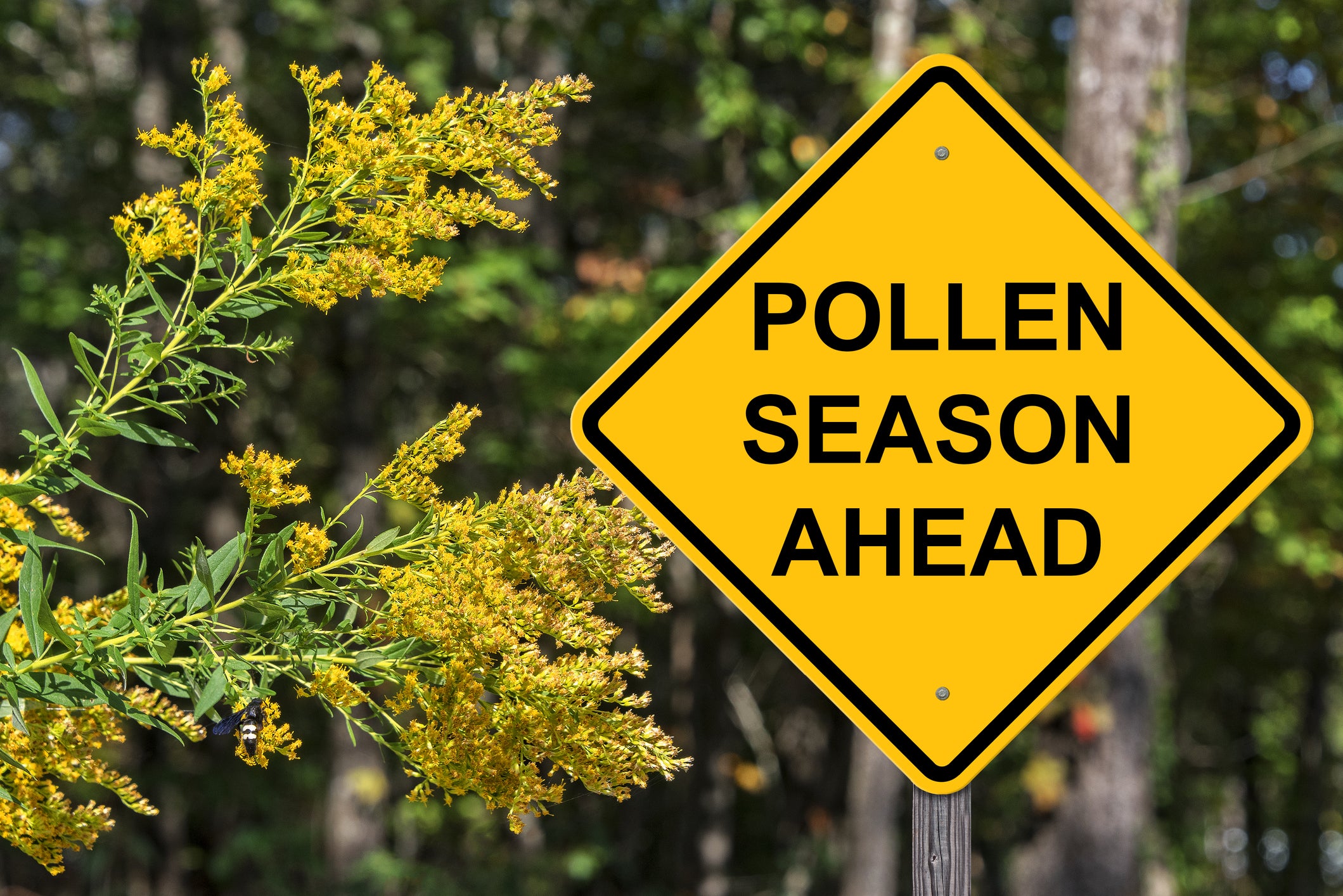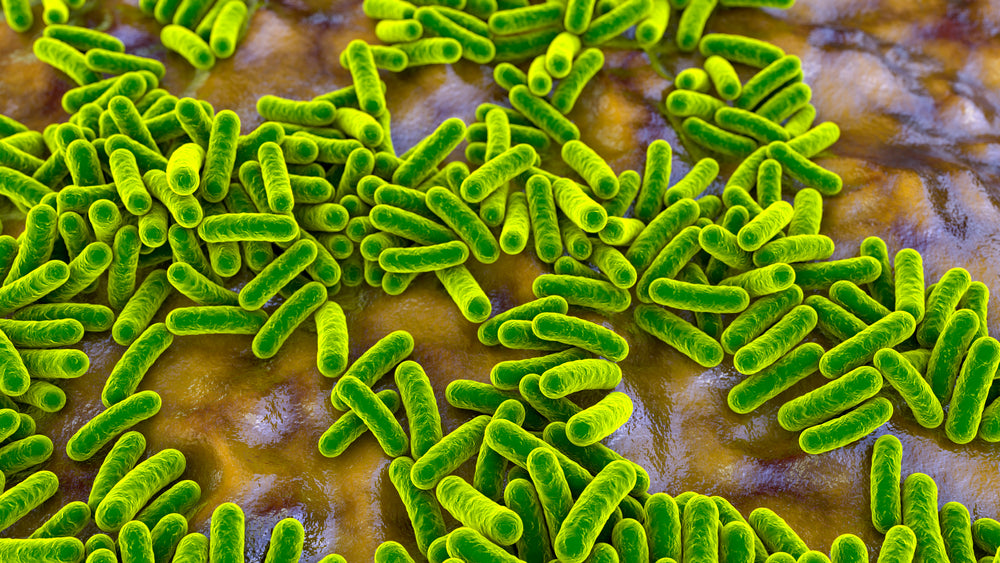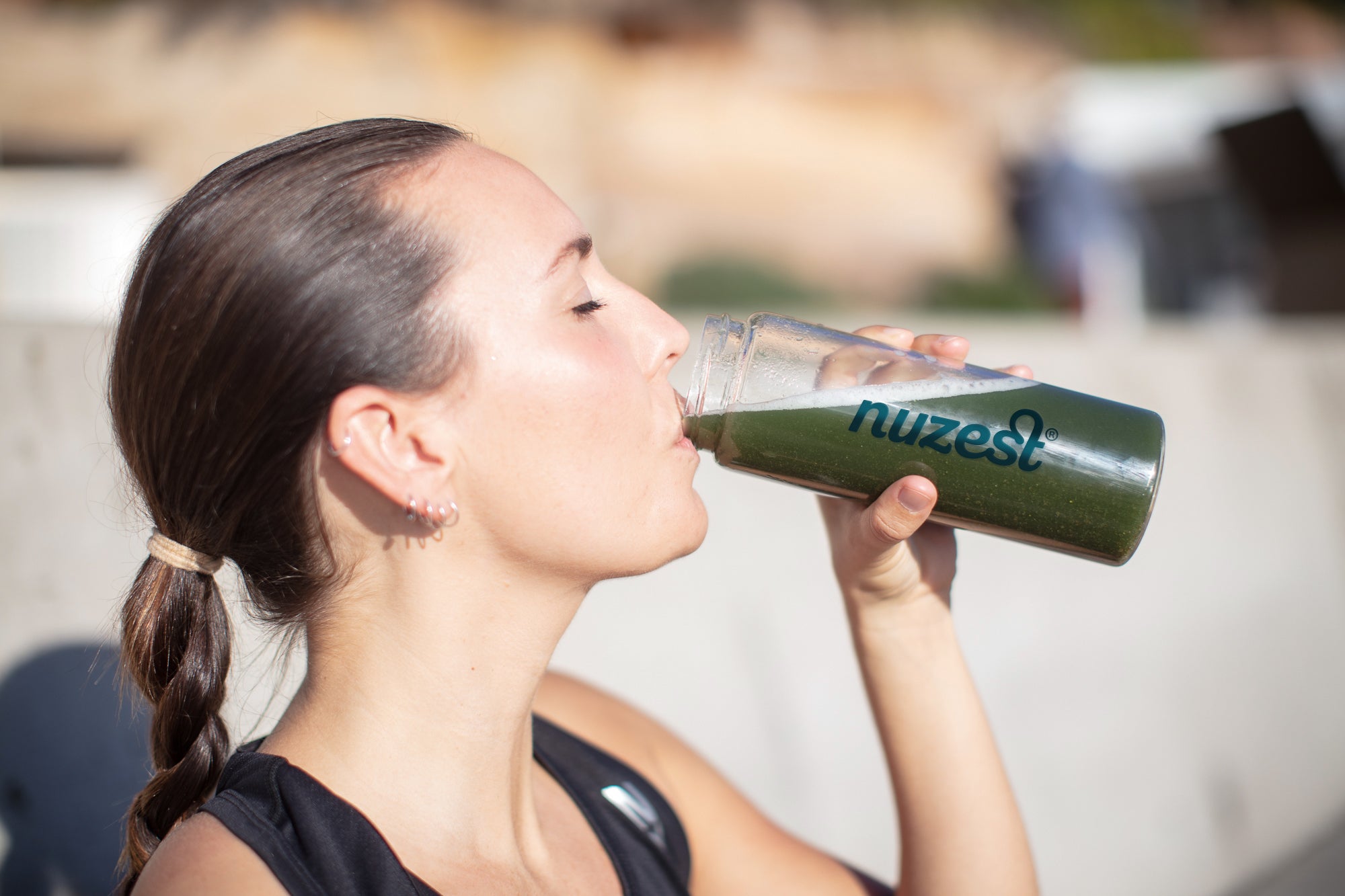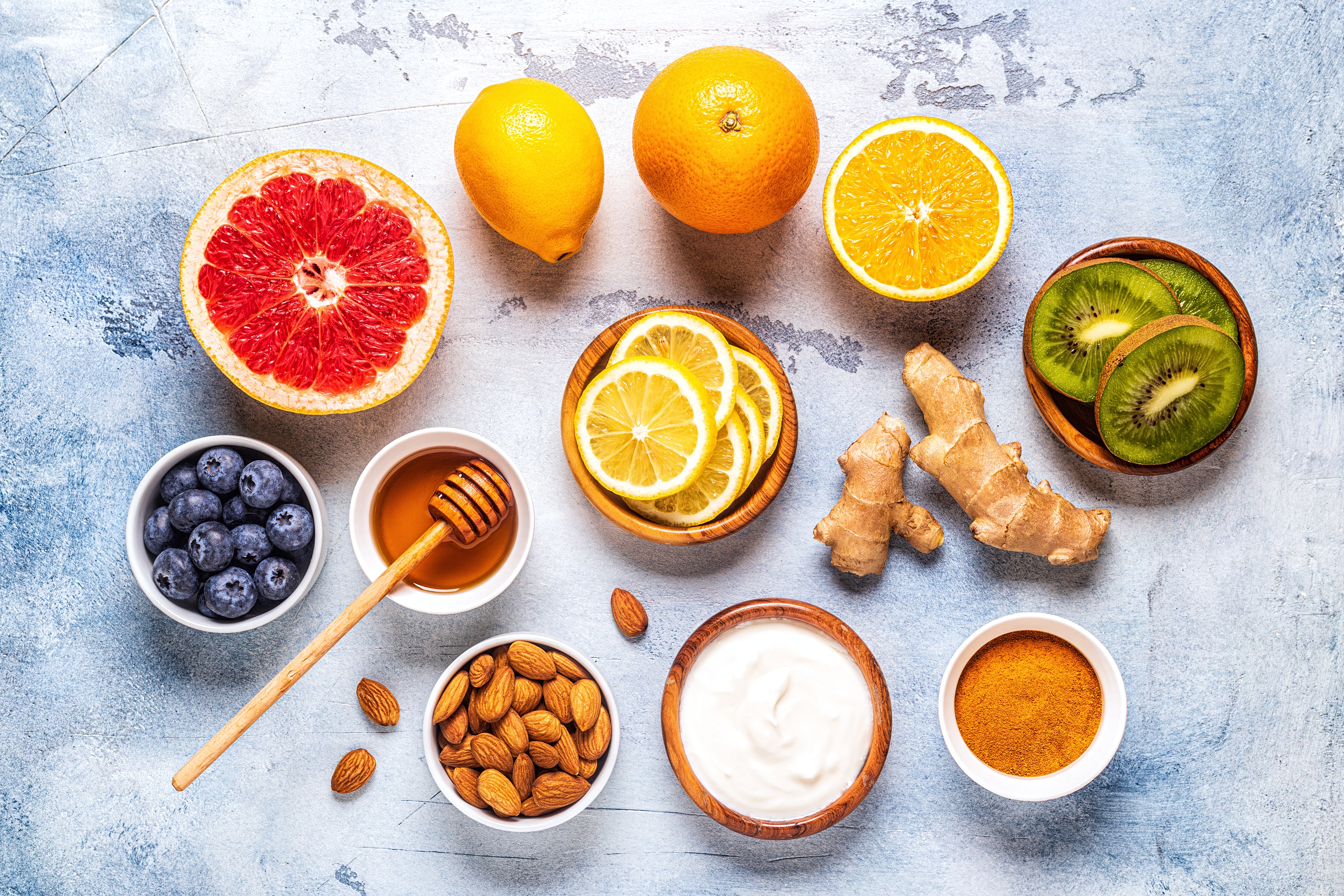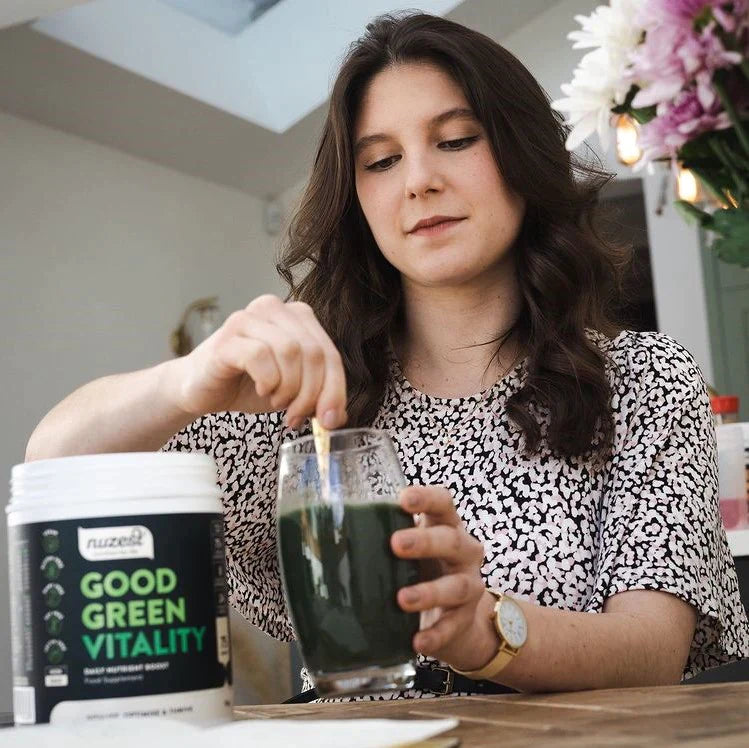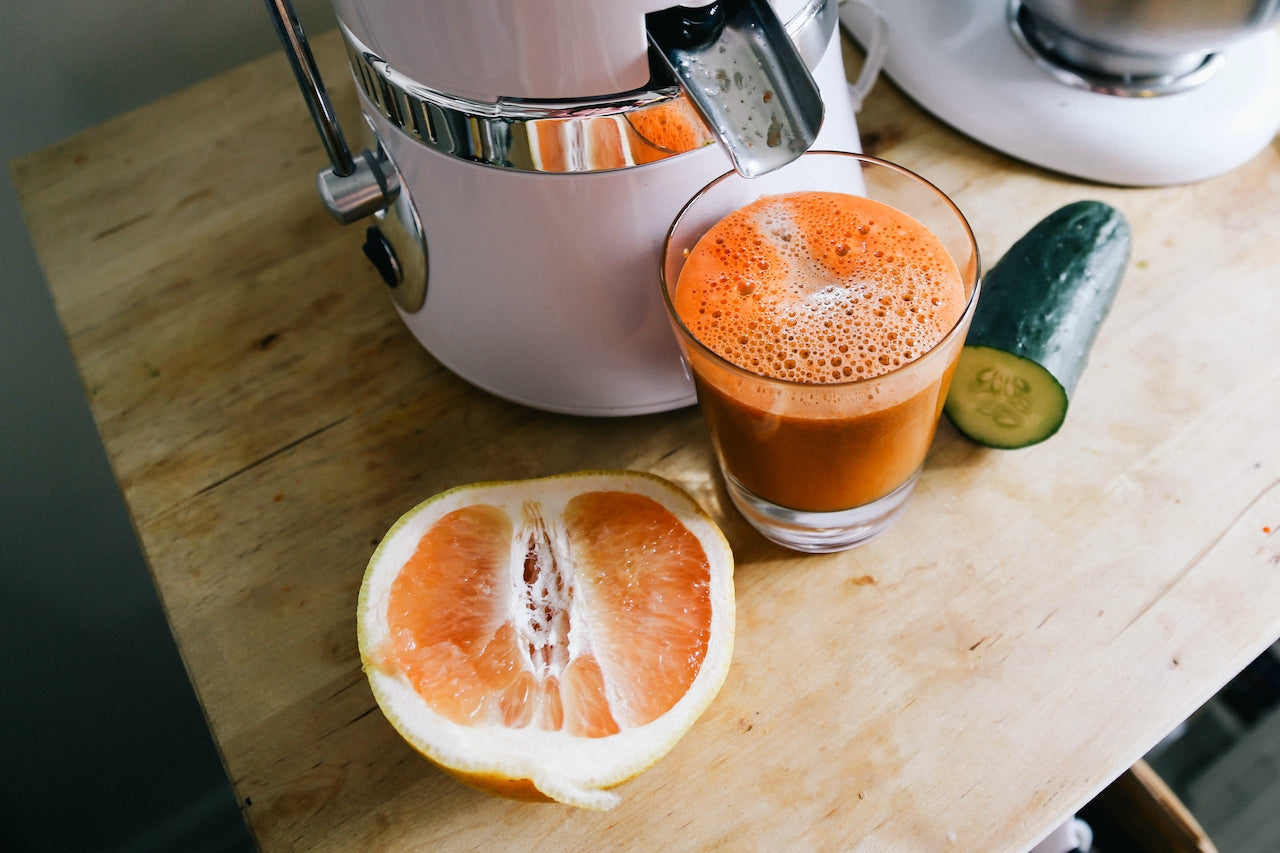Feeling tired at 10 am? Working long hours and wondering how to keep your energy levels up? Crashing after that second or third cup of coffee? Keeping your energy levels elevated throughout each day can sometimes seem like a challenge, even for the most well-rested among us. Busy schedules filled with various responsibilities can lead to fatigue, while trying to balance all of it can be draining. So how can you best support healthy energy levels? Rest, regular exercise, and a nutritious diet should be your foundation.
Read on to learn the top tips for increasing energy and overall motivation, including steps you can implement right now to help kickstart you into high gear and keep you going.
Table of Contents

Tips for Boosting Your Energy Levels
Let’s start with the most simple techniques for times when you want help increasing energy in the moment.
Have you had water? Dehydration has an impact on the body’s homeostasis and energy levels,1 so if you’re feeling your energy levels start to dip, drink a glass of water. Even better, keep water on-hand throughout the day, ensuring you’re drinking half your body weight on-the-daily. Other quick tips to increase energy right now include:
Keep peppermint or cinnamon essential oil handy
Cinnamon has phytochemicals that boost the brain’s ability to use glucose, which is the body’s main source of fuel.2 Peppermint can help increase mental alertness.3 So if you want to reduce feelings of fatigue, keep a bottle of each on hand, to add a few drops to your water, add to a candle, or mix with a carrier oil and rub on pulse points. Just make sure you choose a food-grade essential oil.
Let the sunshine in
Sunlight helps boost serotonin levels, which can help give you more energy,4 so if you want one simple way to stay energized throughout the day, consider stepping outside for a few minutes of sun every couple of hours. Looking to banish morning fatigue? Give your eyes some exposure to sunlight within the first 30 minutes of waking to help balance your circadian rhythms and get more energy to start your day.5
Have a high-protein breakfast consisting of foods with a low glycemic load
Sugary breakfast choices like breads, pastries, and pancakes can cause your blood levels to spike, leading to a crash later on in the day. Research suggests that eating lower GL foods (think green veggies, sweet potatoes, quality vegan protein, and avocado) are associated with higher energy levels.6 So if you want energy to help you power through long work days, start with breakfast. Delicious and better energy-fueling choices abound and can include protein pancakes, sweet potato toast with mashed avocado, or dairy-free yogurt.
Energy and Immunity
If you’re feeling constantly fatigued, there’s a strong chance your immune system might also be weak. Along with issues like frequent colds or flus and digestive problems, ongoing low energy may be a sign that your immunity could use a boost. Thankfully, there are ways to increase immunity, and better energy levels throughout each day are one of the positive impacts that improving your immunity will have. Looking for the most effective way to increase immunity for your kids? These methods can help, regardless of age.
There are four pillars in the foundation for boosting immunity: managing stress, a healthy diet, adequate sleep, and physical activity. When you’re fighting the impact of fatigue, examining ways to improve each pillar is a powerful way of improving not only your overall health but energy levels day to day.
Stress Management for Reclaimed Energy
Stress can be a huge drain on your energy. Managing stress can come in many forms, from spending quality time in the presence of those who make you feel good, to yoga and meditation, to counseling. But some type of stress management should be a part of your daily routine.
Energy-Enhancing Foods and Quality Nutrition
At the top of energy-zapping food choices are those with a high glycemic index, or whose sugars you burn through quickly. Refined sugars and starches fall into this category. But on the opposite end of the sugar spectrum are low glycemic foods, whose sugars are absorbed slowly. Whole grains, high-fiber and high-protein foods like legumes, nuts, along with healthy fats, like coconut or olive oil are all good choices. Proteins in particular, like Clean Lean Protein by Nuzest, have almost no glycemic index whatsoever.
Physical Activity
It’s well-known that regular physical activity can rebuild low energy levels and improve feelings of fatigue.7 That doesn’t mean you need to start doing intense workouts—walking is considered one of the most beneficial forms of exercise,8 with just 30 minutes a day helping to decrease the risk of most health issues, from cancer, to diabetes and heart disease.9 Getting up from your desk to move for just 10 minutes, three times a day, will help you feel more energized and less fatigued, especially when combined with a low-glycemic diet, along with stress management.
Energy and Sleep
Even the best diet in the world and yoga seven days a week won’t help your energy levels if you’re not getting restful sleep. Getting a good night’s sleep doesn’t have to be elusive, it just requires some practice and tips for building a strong foundation of healthy sleep habits.
Reset Your Circadian Rhythm
When you don’t sleep, you basically burn energy that would otherwise be restored during periods of sleep.10 But how do you ensure a restful night’s sleep? Resetting your body’s circadian rhythms can be a huge help. Rising with the sun and going to sleep at a reasonable hour are two ways to get your circadian rhythm back into alignment, as does letting early morning light hit your eyes11,12 first thing in the morning.
Using Blackout Curtains or Sleep MaskHaving a completely dark environment is really crucial for keeping a healthy circadian rhythm.13 When your lights are on after dark, it signals cortisol levels to rise, driving melatonin down.14 Using blackout curtains or a light-eliminating sleep mask can help you to have more restorative sleep, in turn helping to give you more energy during the day.
Power Nap: A Better Mental Boost Than Caffeine
While a well-timed cup of coffee or other caffeine source can promote healthy energy levels, surprisingly, it’s a nap that might work even better when you’re feeling drained. While most researchers agree that a daytime nap can increase performance and energy, the length is still up for debate.
Some research suggests that a nap of 30 minutes or less during the day actually increases wakefulness, focus, and learning.15 Other researchers say 90 minutes is ideal and equal to an eight hour night’s sleep,16 while other studies suggest 10 minutes is the perfect amount of snooze time.17
As beneficial as a nap can be, you don’t want to be taking long naps of an hour or more every single day, since they’re associated with lower productivity and less restful night time sleep.15 You also don’t want to mess with your circadian rhythm. So if you’re trying to decide how to take a nap that will actually boost your energy and overall motivation, resting for 15-30 minutes sometime before 4 pm is an effective way to get your energy back and finish your day strong.

Natural Ways to Get More Energy
While diet, exercise, and sleep are some of the pillars for good health and better energy, there are also a number of very valuable and useful supplements that can be taken when you’re feeling depleted. They include:
1. Iron
Needed by the red blood cells in your body to deliver oxygen to the tissues and lungs, iron is essential for optimum energy levels. Having low iron levels can lead to anemia, a key characteristic of which is fatigue.18 While you can take an iron supplement, your body is better able to absorb iron through wholefood sources.
For a vegan lifestyle, iron is best found in sources like nuts and seeds, including sunflower seeds, flaxseeds, and cashews, as well as beans.
2. Ashwagandha
A grounding adaptogen that’s been used by Ayurvedic medicine for thousands of years,19 Ashwagandha helps your body become more resilient to stress,20 helping to boost daily energy levels, as well as feelings of calmness throughout the day. A gentle herb that can nourish the adrenal glands and ease anxiety, Ashwagandha can be taken as a tincture, pill, or in wholefood products.
3. Caffeine
Caffeine, when used judiciously, can have a positive effect on energy levels,21 while working to satiate hunger, and improve overall focus for better motivation. It’s when caffeine is used too frequently, or relied upon as a way to regain energy throughout the day, that it can cause headaches, stomach upset, and other unpleasant effects.22 But if coffee gives you the jitters, consider trying matcha, a green tea that contains less caffeine than coffee and contains L-theanine, an amino acid that promotes relaxation23 and helps deliver the caffeine more slowly to the body.
From making sure you’re drinking enough water throughout the day to getting better sleep and taking targeted nutritional supplements, there are plenty of tips for increasing energy and overall motivation. By arming your immune system with the convenient daily nutrition found in Clean Lean Protein you’re providing your body with the iron, magnesium, and other herbs it needs to help optimize digestion and provide you the energy you need to make the most of each day.
References
- https://www.ncbi.nlm.nih.gov/pmc/articles/PMC3553795/
- https://www.ncbi.nlm.nih.gov/pmc/articles/PMC4466762/
- https://www.ncbi.nlm.nih.gov/pmc/articles/PMC5684592/
- https://www.ncbi.nlm.nih.gov/pmc/articles/PMC5086738/
- https://www.ncbi.nlm.nih.gov/pmc/articles/PMC6751071/
- https://www.ncbi.nlm.nih.gov/pmc/articles/PMC4017414/
- https://pubmed.ncbi.nlm.nih.gov/16937952/
- https://pubmed.ncbi.nlm.nih.gov/9181668/
- https://www.ncbi.nlm.nih.gov/pmc/articles/PMC3064872/
- https://www.ncbi.nlm.nih.gov/pmc/articles/PMC4608917/
- https://pubmed.ncbi.nlm.nih.gov/11146760/
- https://pubmed.ncbi.nlm.nih.gov/22750209/
- https://pubmed.ncbi.nlm.nih.gov/30311830/
- https://pubmed.ncbi.nlm.nih.gov/20484692/
- https://pubmed.ncbi.nlm.nih.gov/17053484/
- https://www.apa.org/monitor/2016/07-08/naps
- https://pubmed.ncbi.nlm.nih.gov/16796222/
- https://www.ncbi.nlm.nih.gov/pmc/articles/PMC3105608/
- https://www.ncbi.nlm.nih.gov/pmc/articles/PMC3252722/
- https://www.ncbi.nlm.nih.gov/pubmed/10956379/
- https://pubmed.ncbi.nlm.nih.gov/27824614/#:~:text=Caffeine%20has%20been%20found%20to,%2C%20fat%20oxidation%2C%20and%20EI
- https://pubmed.ncbi.nlm.nih.gov/22928360/
- https://pubmed.ncbi.nlm.nih.gov/22928360/



